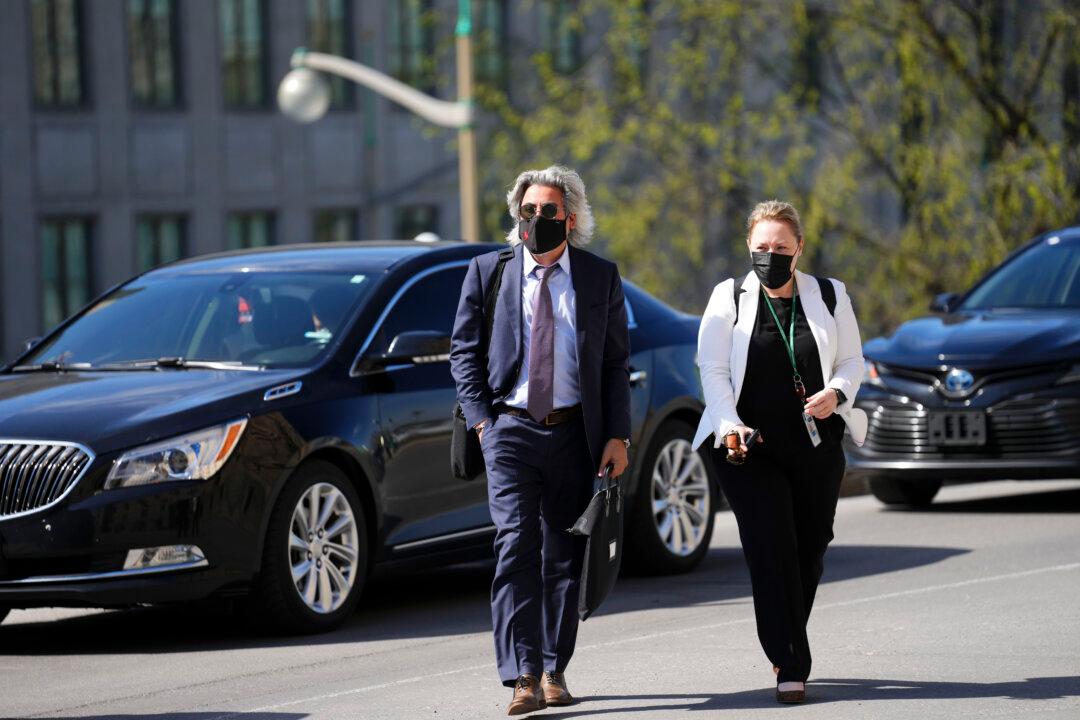Commentary
The next step in narrowing Canadians’ rights may be justified by a government survey that eliminated the views of anyone opposed to the government’s attempts to squelch freedom of expression.

The next step in narrowing Canadians’ rights may be justified by a government survey that eliminated the views of anyone opposed to the government’s attempts to squelch freedom of expression.